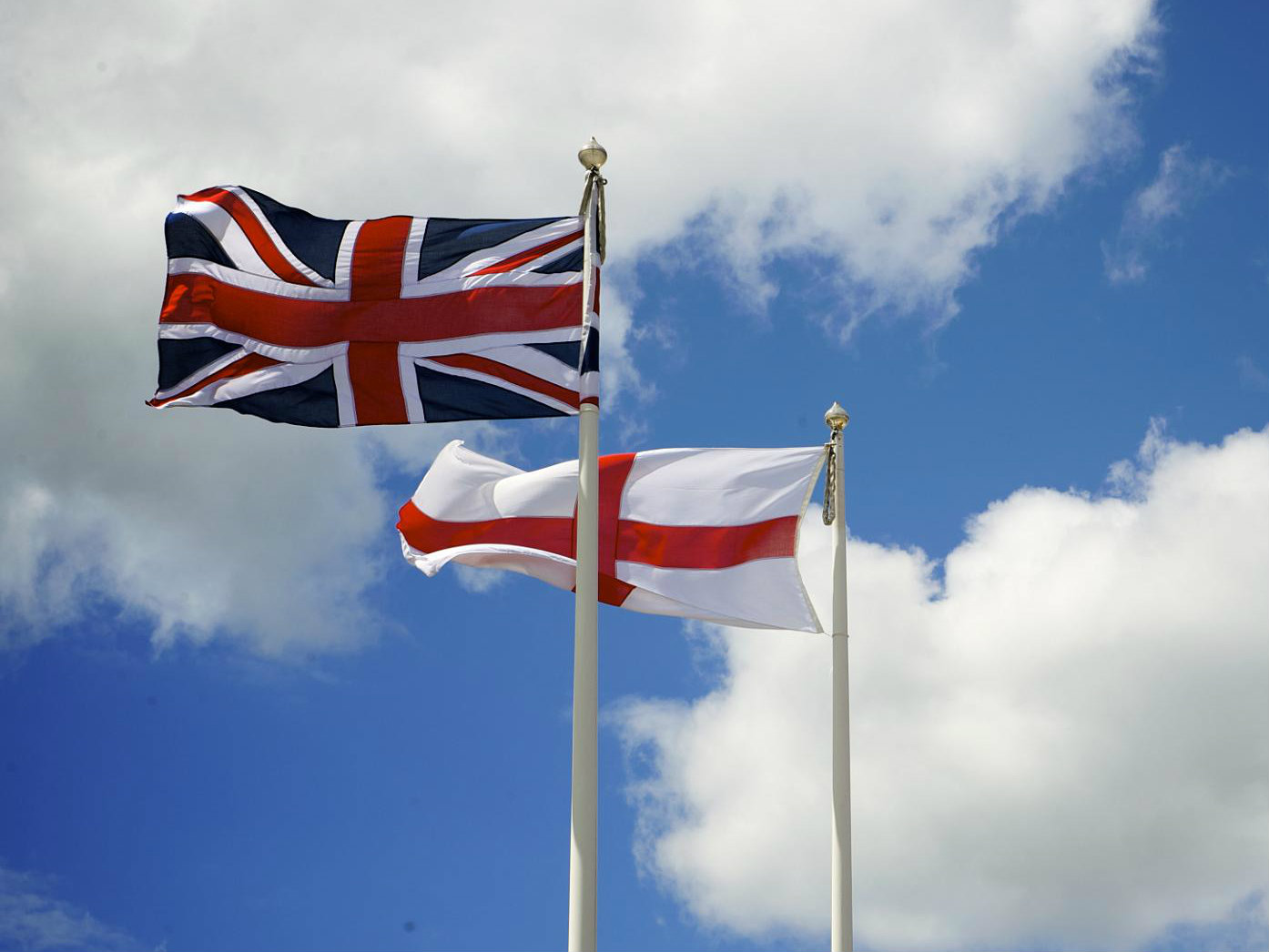
Whichever way Scotland votes on Thursday, the consequences for English politics are just as interesting as what might happen north of the border. A Yes vote promises initial constitutional anarchy, but the long-term political impact at Westminster would be relatively straight-forward.
After independence is formally declared in March 2016, Scottish MPs in the House of Commons would have to leave. Since Scotland would now be an entirely different country this scenario is comparatively clear cut; the Commons would become a parliament for what is left of the union.
Yet what if, as seems to be the most likely outcome, Scotland votes No? For England, things would actually become more complicated. This is because, in an eleventh hour attempt to save the union, the Westminster parties pledged in the event of a No vote to offer Scotland so-called ‘super’ Devo Max. This means that, even if the unionists win, Westminster would devolve significant autonomy to Scotland, in exchange for it remaining in the union.
Scotland would under the Conservatives be granted full income tax powers, for example. It would be able to decide on the rates and bands of personal income tax allowance. On welfare, Labour and the Tories agree that housing benefit and attendance allowance should be devolved. Concessions would also be made on energy, oil and gas.
To be clear, this is not what will happen after independence, it is what will happen if Scotland decides to stay as part of Britain. Whatever the outcome of the referendum therefore, Westminster MPs will no longer be allowed to legislate on these key policy areas in Scotland. How then can Scottish MPs at Westminster expect to be able to continue to vote on legislation which now affects England alone, and not their own constituencies? Why should a Scottish MP be allowed a say on an English law but not vice versa?
The answer, of course, is that in all rationality they cannot. That is the conclusion of Conservative MP John Redwood, who says 100 MPs back his proposal to allow the Westminster parliament to double as an English parliament when voting on matters that only affect England. It would then revert to a British parliament when discussing matters relevant to the entire union. Scottish MPs would be allowed to vote on the latter, but not the former.
Many in the Labour Party do not like this idea, fearing that a Labour government would struggle to pass budgets on England without the support of its Scottish MPs. This is a cynical and anti-democratic position. Labour would have to offer policies supported in England alone if it wanted to pass legislation on England alone. This suggests a shift to the centre for Labour is likely at some point in the near future. John Denham, the former Labour minister, says his party would have to form an English Labour strand. Ironically, Gordon Brown’s final act in British politics could be to push Labour back into the hands of the Blairites.
Seismic upheaval for the way English politics works is now guaranteed after Thursday’s referendum. A Yes vote means complete de facto devolution forced upon England. A No vote means England would surely have to answer the West Lothian question once and for all, finally preventing Scottish MPs from voting on legislation they have no mandate to have a say on. For English democracy, this is surely a good thing.

COMMENTS
Please let us know if you're having issues with commenting.